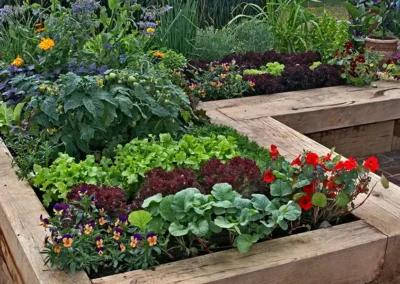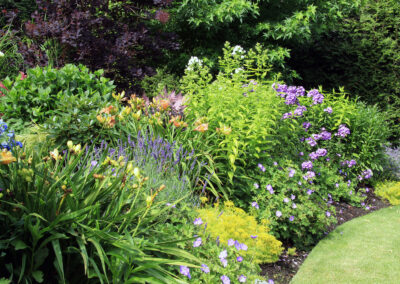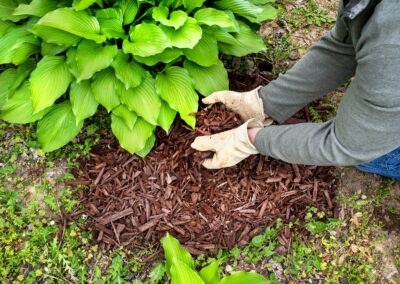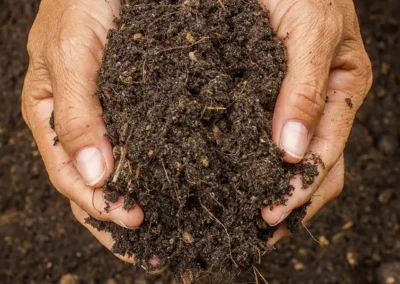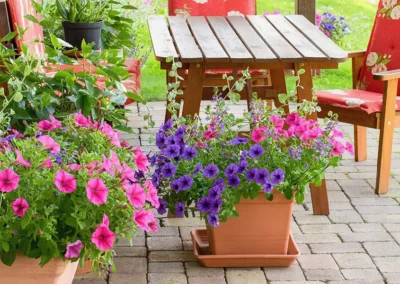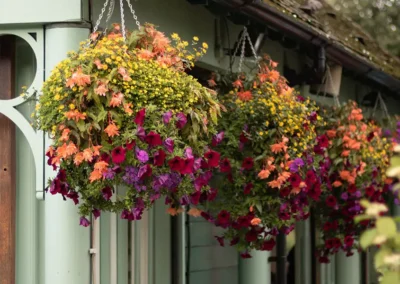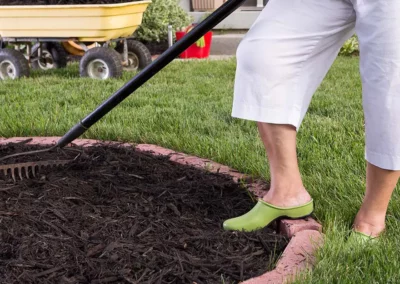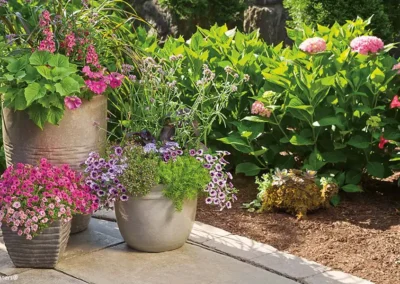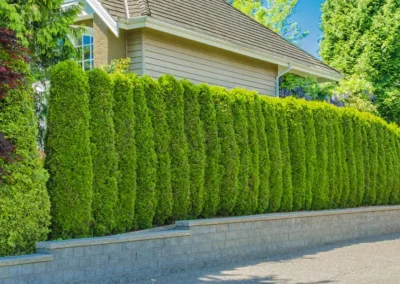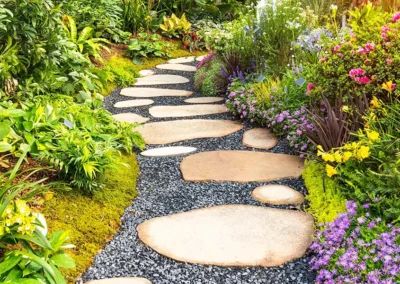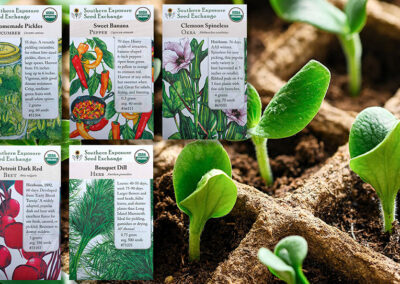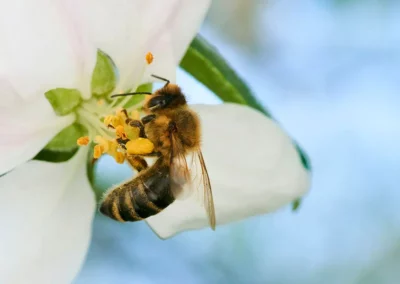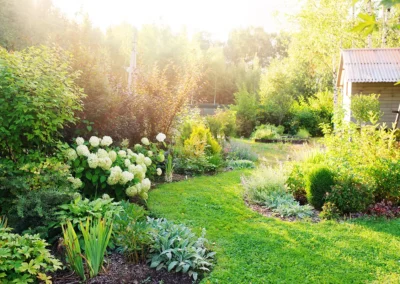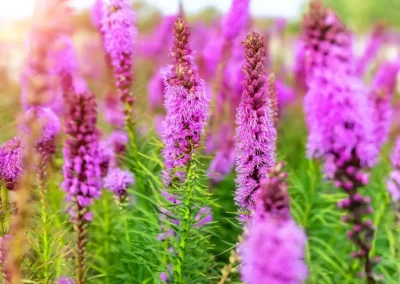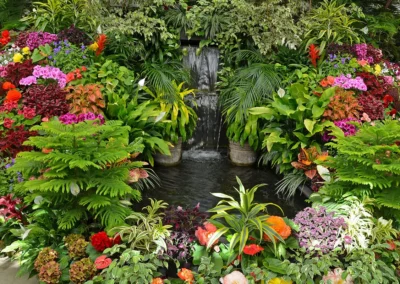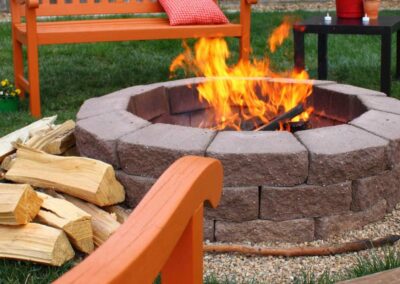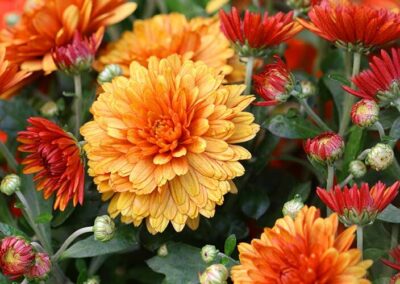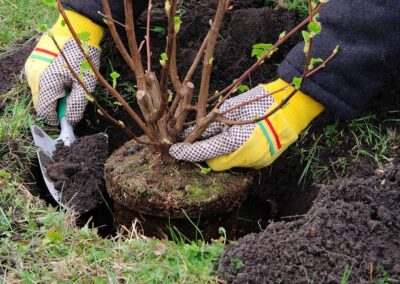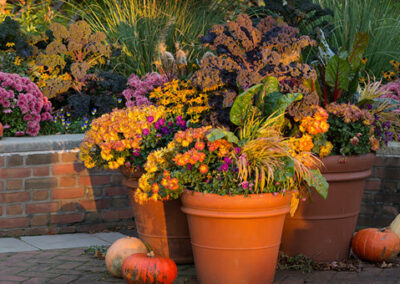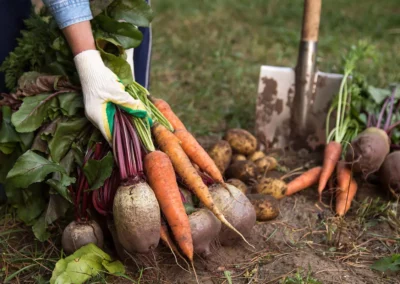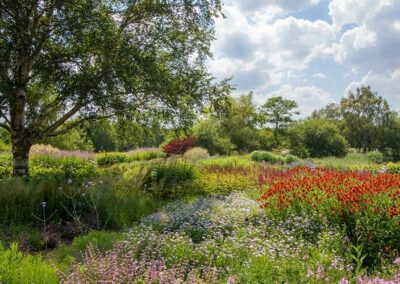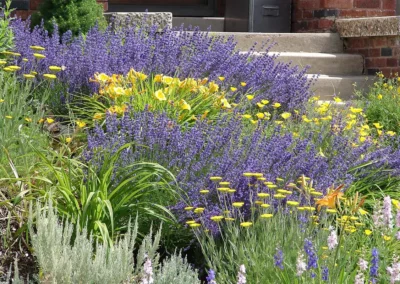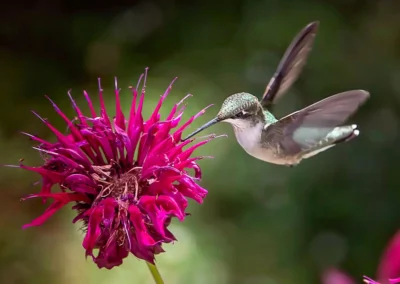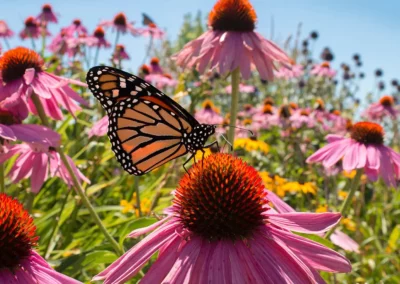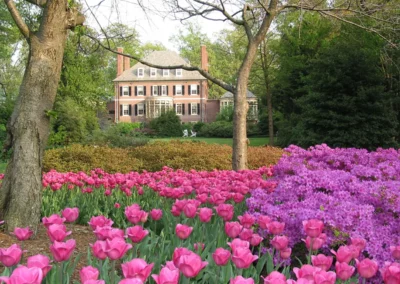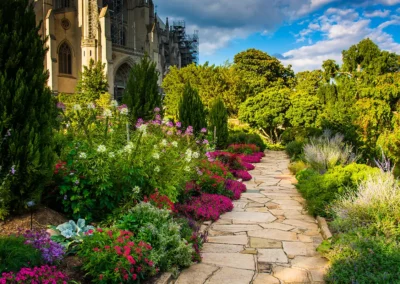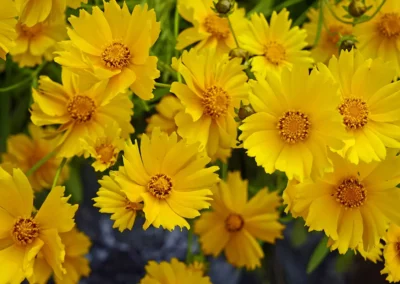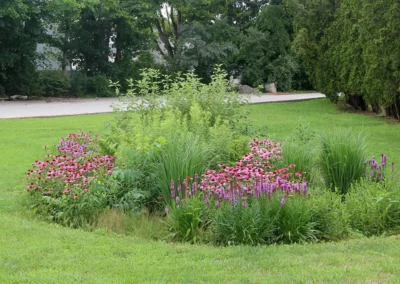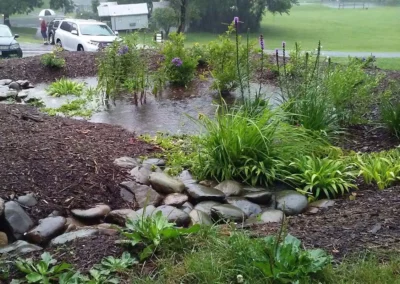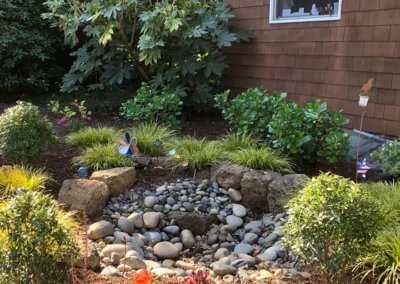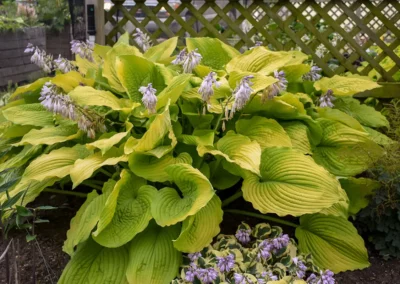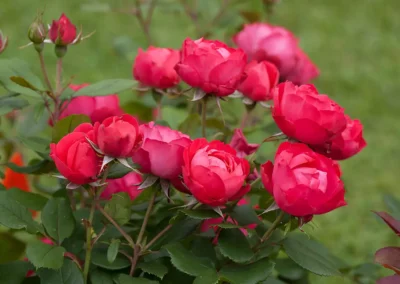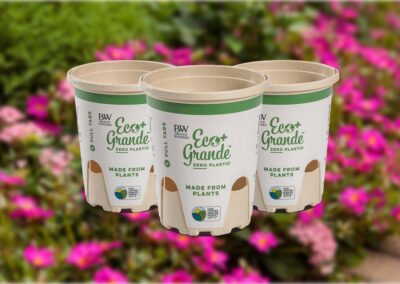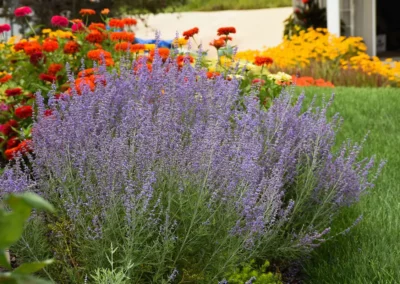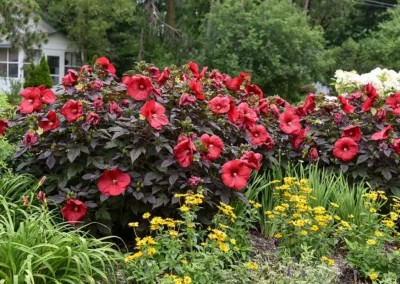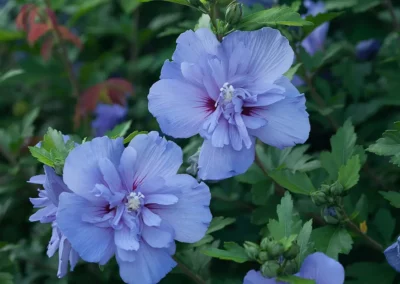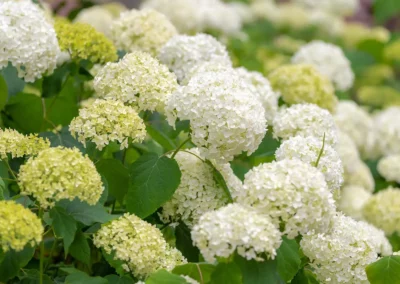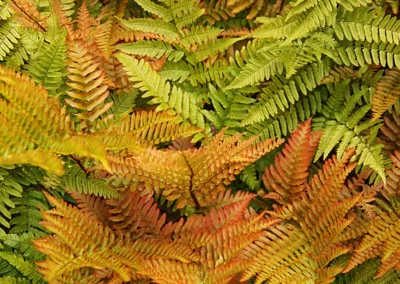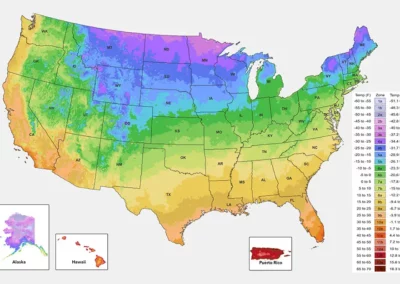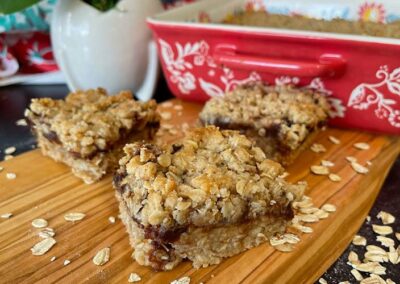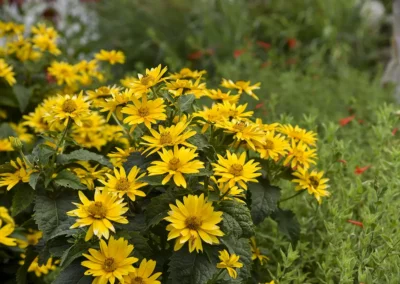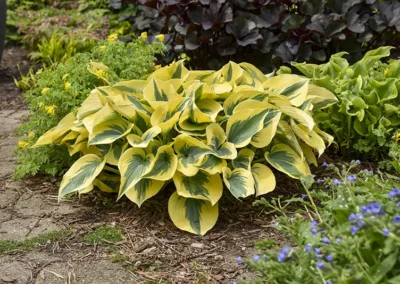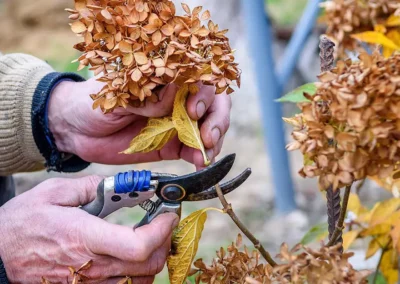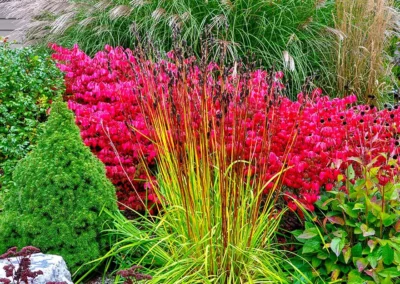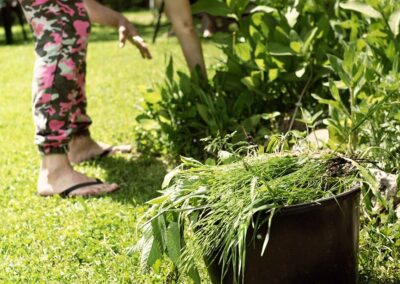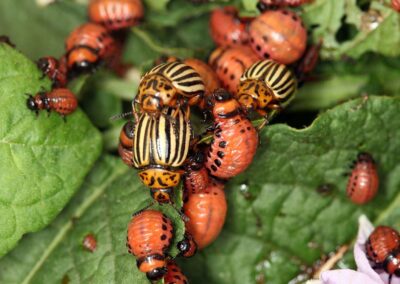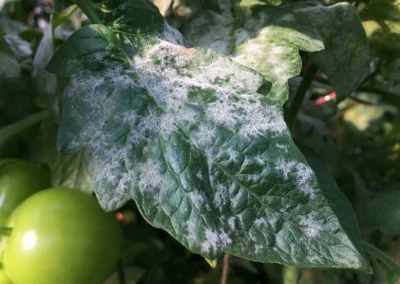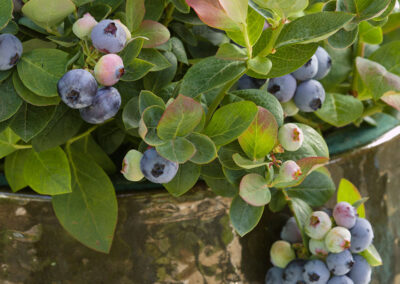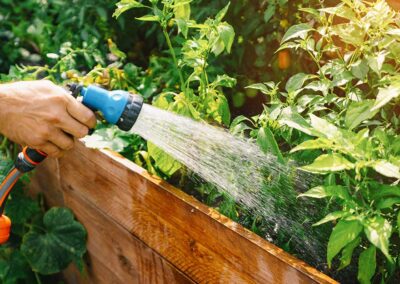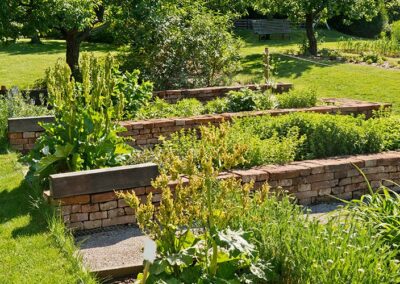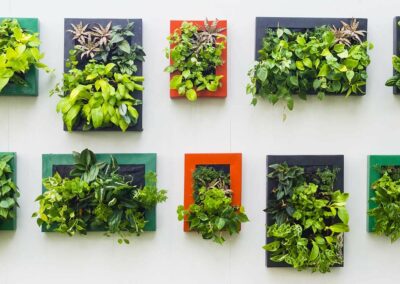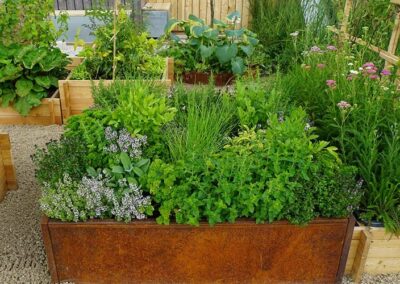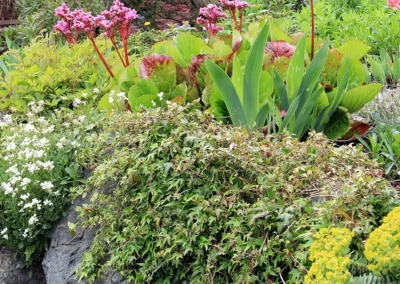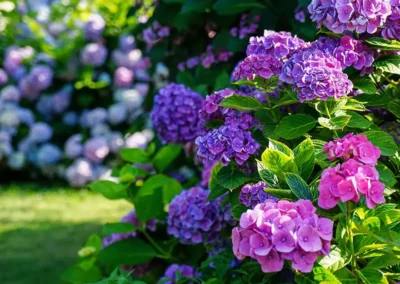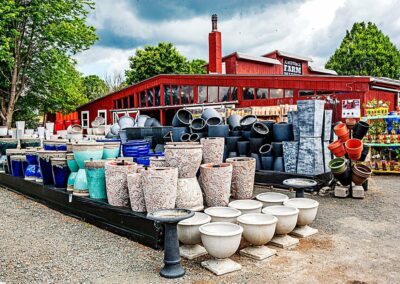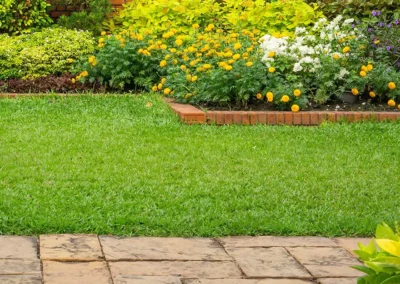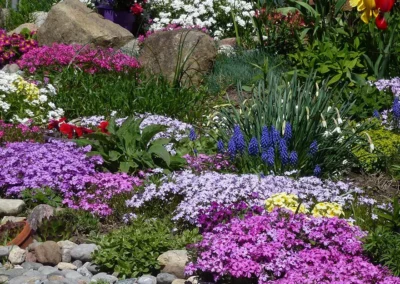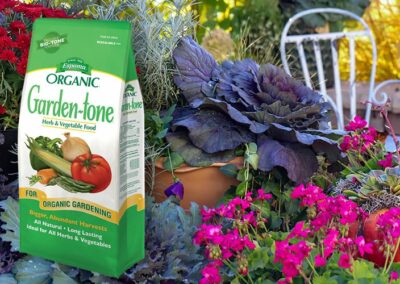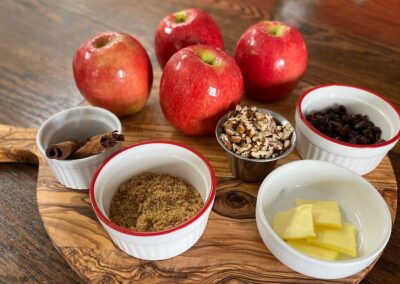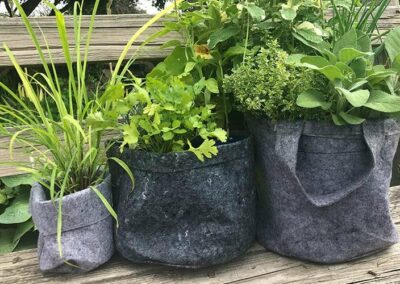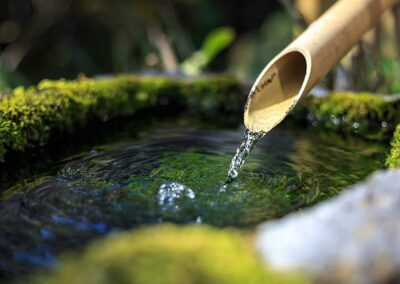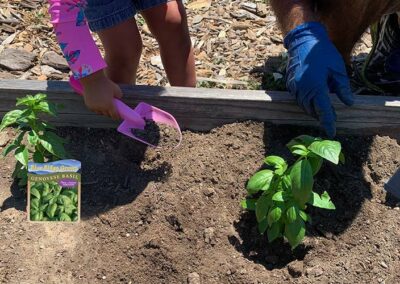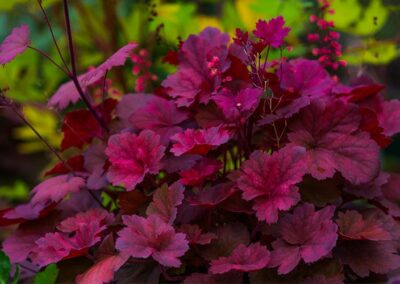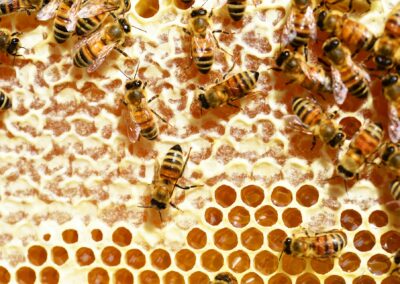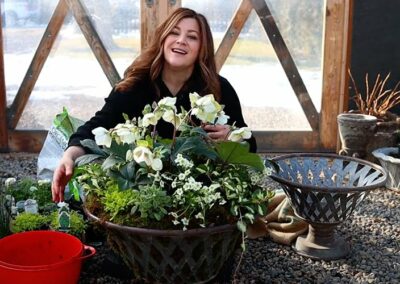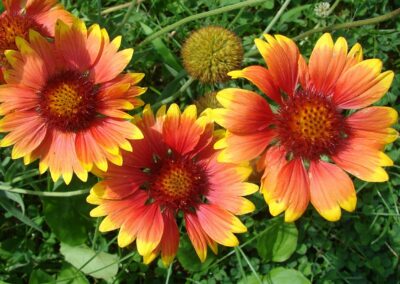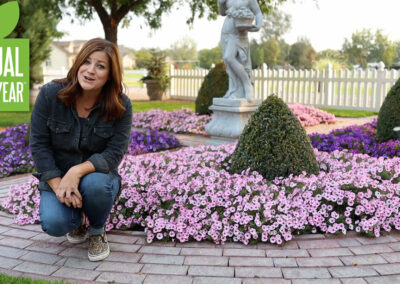Are you eager to create a vibrant and colorful garden that will make your neighbors green with envy come spring? If you’re in zone 7b like we are here at Reston Farm Garden Market, fall is the perfect time to plant perennials for a dazzling display next year.
Here are some of the important reasons why fall can be your garden’s best friend—and how you can make the most of it.
Perfect Planting Conditions
Fall in zone 7b offers mild temperatures and reliable rainfall, creating ideal conditions for planting perennials. The soil is still warm from the summer sun, encouraging root growth before the winter chill sets in. These roots will establish themselves well, giving your plants a head start for spring.
Less Stress for Plants
In fall, the cooler temperatures reduce the stress on new plants. Unlike the scorching heat of summer or the unpredictability of spring, fall’s moderate weather allows perennials to settle in comfortably. This means they’re less likely to suffer from transplant shock and more likely to thrive.
Extended Growing Season
Planting in the fall gives your perennials two growing seasons to establish themselves: fall and spring. While they may go dormant during the winter, their roots continue to develop, preparing them for a robust growth spurt when the weather warms up again.

Fewer Pests and Diseases
Many pests and diseases that plague gardens in the summer start to diminish in fall. This gives your new perennials a better chance to grow without being nibbled on or infected. You’ll have healthier plants that are ready to burst into bloom when spring arrives.
More Time for Garden Planning
Fall planting allows you to take advantage of potential end-of-season sales. You can often find great deals on a wide variety of perennials. Plus, with the hustle and bustle of summer behind you, you’ll have more time to plan and plant thoughtfully, ensuring a well-designed garden layout.
Enhanced Soil Quality
In fall, garden soil tends to be richer and more workable. Over the summer, organic matter breaks down, and rainwater helps leach out salts, leaving behind a nutrient-rich environment perfect for new plants. Adding compost or mulch in the fall further improves soil quality, setting the stage for healthy growth.
Tips for Planting Perennials in Fall
- Choose the Right Plants: Opt for perennials that are hardy in Zone 7b. Some great choices include coneflowers, black-eyed Susans, hostas, and daylilies.
- Prepare the Soil: Loosen the soil to a depth of about 12 inches and mix in compost to enhance fertility and drainage.
- Plant with Care: Dig a hole that’s twice as wide and just as deep as the root ball of your plant. Position the plant so that the top of the root ball is level with the soil surface.
- Water Wisely: Water your new plants thoroughly after planting and continue to water them regularly until the ground freezes. This helps them establish strong roots.
- Mulch (It’s one of our favorite tools to use!): Apply a layer of mulch around your perennials to protect the roots from temperature extremes and to retain moisture.
By taking advantage of fall’s optimal planting conditions, you’ll be rewarded with a stunning spring garden that will bloom earlier and more profusely. So grab your gardening gloves, embrace the crisp autumn air, and start planting! Your future self—and your garden—will thank you.
Be sure to check out these other helpful articles on fall planting:
- Steps for Planting Trees & Shrubs
- Fall / Autumn Container Garden Ideas
- Kitchen Herb Garden: A Tasty Way to Cook Through the Fall & Winter


